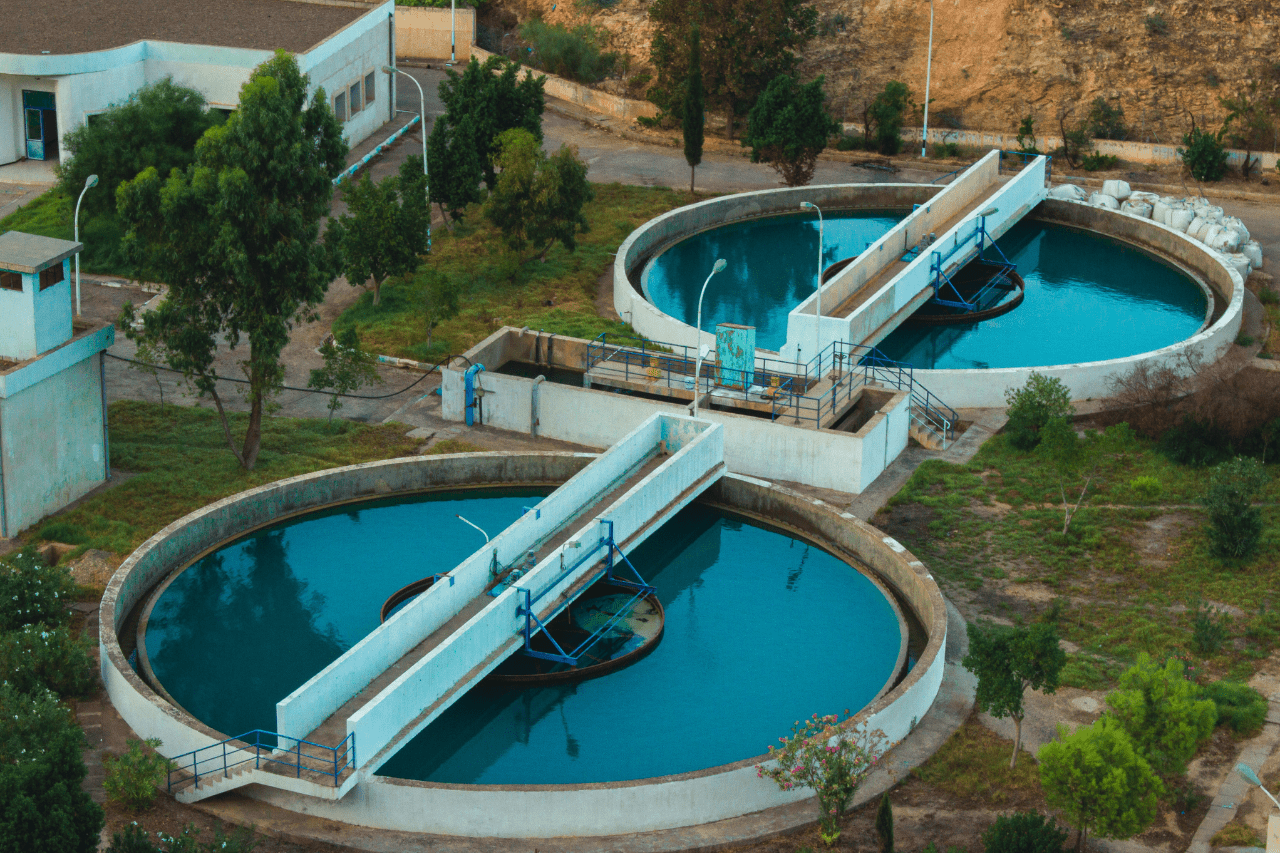Water Treatment Plant
WTP- Design, Construction, O&M

Water treatment plants are essential for providing safe water for drinking and industry. They use processes like sedimentation, filtration, and disinfection to remove contaminants and ensure water meets quality standards. These plants play a crucial role in safe guarding public health by reducing the risk of waterborne diseases. Advanced methods like reverse osmosis and UV irradiation further enhance water purification. Continuous monitoring ensures compliance with regulatory standards, making water treatment plants vital for communities and industries, supporting public health and environmental sustainability.


WATER TREATMENT PLANT CONSULTANCY
We provides WTP Consultancy upholds a zero-tolerance policy towards discrimination. Our ethos prioritizes inclusion, valuing every individual irrespective of race, gender, or background. We cultivate a culture where diverse perspectives are celebrated, fostering an environment where all can excel and contribute meaningfully to our shared goals. We are steadfast in our commitment to these principles.

WATER TREATMENT PLANT
DESIGN & CONSTRUCTION
The WTP Design system streamlines the design process by defining objectives, conducting research, ideating, prototyping, gathering feedback, finalizing designs, implementing them, testing, and launching. It ensures consistency, efficiency, and alignment with brand guidelines, resulting in cohesive and user-centric designs.

WTP COMMISSIONING EQUIPMENT SUPPLIES
WTP Commissioning oversees the installation and testing of water treatment equipment to ensure efficient functionality and regulatory compliance. It involves meticulous attention from setup to final inspection. Common equipment includes pumps, filters, clarifiers, chemical feed systems, mixers, membrane systems, tanks/basins, instrumentation, piping/valves, and analytical equipment.

WTP OPERATION AND MAINTENANCE SERVICE
Operating and maintaining a Water Treatment Plant involves monitoring water quality, controlling treatment processes, maintaining equipment, managing chemicals, ensuring safety and regulatory compliance, record-keeping, staff training, emergency response, and community engagement. By effectively managing these aspects of operation and maintenance, WTPs can ensure the reliable production of safe and high-quality drinking water for their communities. By effectively managing these aspects of operation and maintenance, WTPs can ensure the reliable production of safe and high-quality drinking water for their communities
Request a Quote

